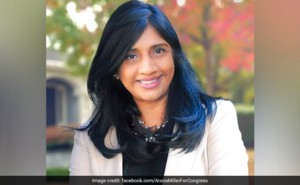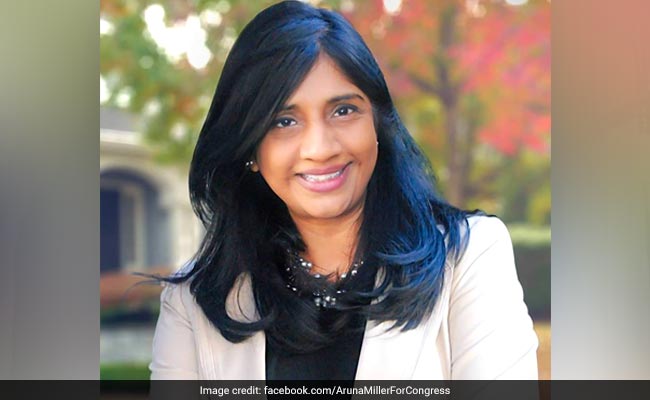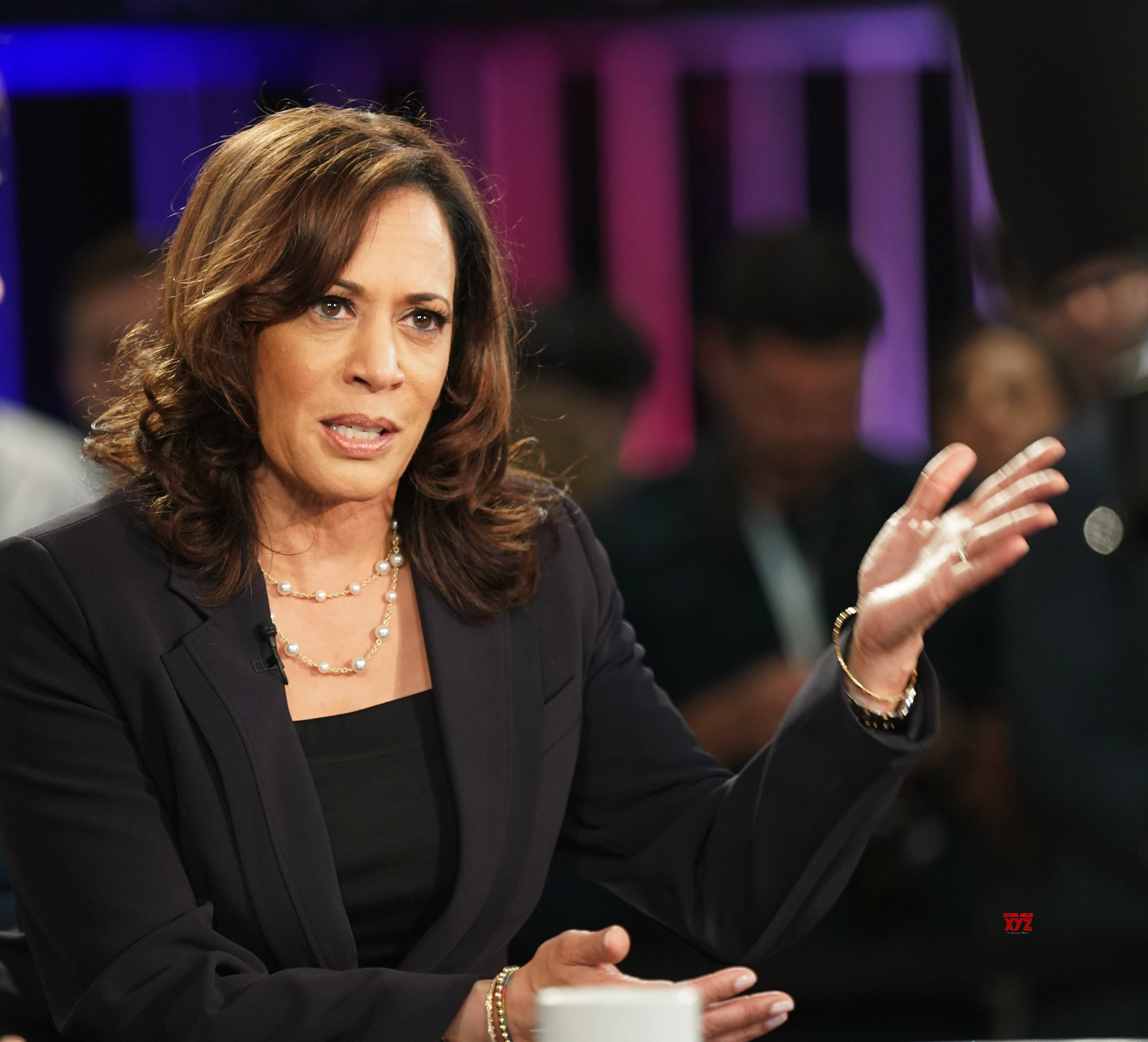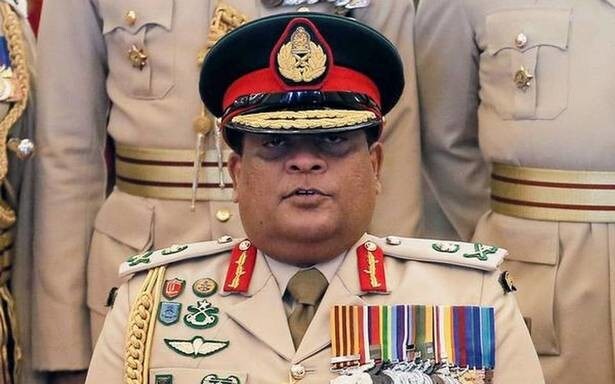
WASHINGTON: Indian-American civil engineer Aruna Miller, seeking to enter the House of Representatives, is confident of winning from Maryland which has an all-male congressional delegation.
If elected, the 53-year-old Hyderabad-born hopeful would be the second Indian-American woman to enter the House after Pramila Jayapal from Washington State.
Miller, who came to the US in 1972 at the age of seven, is vying to enter the House of Representatives – the lower chamber of the US Congress – from a Maryland suburb of Washington DC. The Senate is the upper chamber.
Miller is pitted against party colleague David Trone in the Democratic Party for the sixth Congressional District of Maryland primary.
The winner of the June 26 primary election is expected to easily sail through given that it is considered to be a Democratic stronghold.
“In the year of the woman, can a USD 10 million man win a House seat?” asked The Washington Post this week as the Miller vs Trone race attracted nationwide attention.
Businessman Trone has spent more of his own money on a House race than any other candidate in history. This is because Trone has spend USD 10 million of his own money in the race, as against Miller’s USD 1.36 million, which has come from generous contributions from her supporters.
Days ahead of the crucial Maryland Democratic primary, Miller exuded confidence that her surging support from the people of the sixth Congressional district would be dissuaded by the money power, and help her get on the November Congressional ballot and finally enter the House next January.
With the retirement of Senator Barbara Mikulski – the longest-serving woman in the Senate history – Maryland lost its female voices in Congress in 2017.
“The race is an opportunity for Democrats to elect a woman to Maryland’s all-male congressional delegation,” the Post said.
A civil engineer by profession, Miller, who speaks fluent Telugu, came to the US in 1972 when she was seven. Known for her great legislative skills, she was elected to the Maryland House of Delegates in 2010.
“I think the rhetoric that’s happening at the national level about immigrants being demonized and marginalized… this resonates with a lot of people because many of us have come here as immigrants to this great nation. Diversity is not our problem. It’s our promise,” Miller told PTI.
“I think that’s what spurred a lot of people to wake up and say, wow, I need to take an active role in what’s happening in our country,” said Miller.
She has received tremendous support from Indian-Americans in Maryland and across the nation. Latest figures, as released by the Federal Election Commission, indicate that she has raised more than USD 1.36 million for the Democratic primary.
“The first thing, or one of the most important things to be able to do if I got elected to the US Congress, is to make sure we fix the broken immigration system right now.
“We need to have a pathway to citizenship. And this is for undocumented immigrants that are here, working hard, try to make ends meet and playing a part in our economy,” she said.
Forty per cent of the undocumented immigrants that are in this country are ones that have overstayed their visas, whether it’s H-1B visa, student visa, and they’re living in the shadows right now. All they want to do is to contribute to this great country, she said.
“We need to have a pathway to citizenship. We need to make sure that those on H-1B visas are not on 15-20 years (wait for green card), where they become an indentured servant to the companies that they work at. We need to have a more streamlined process on how they can get their green card and become a citizen as well,” she said.
Miller, a great advocate for strong India-US ties, accompanied the then Maryland governor to India as a Maryland State delegate. “It is critical that the largest democracy and the oldest democracy have a strong bond together. I’ll continue to work on that,” Miller said.
Early this month, she was endorsed by ‘Desis for Progress’, an organization of progressive South Asians who are striving to create a better community. PTI







